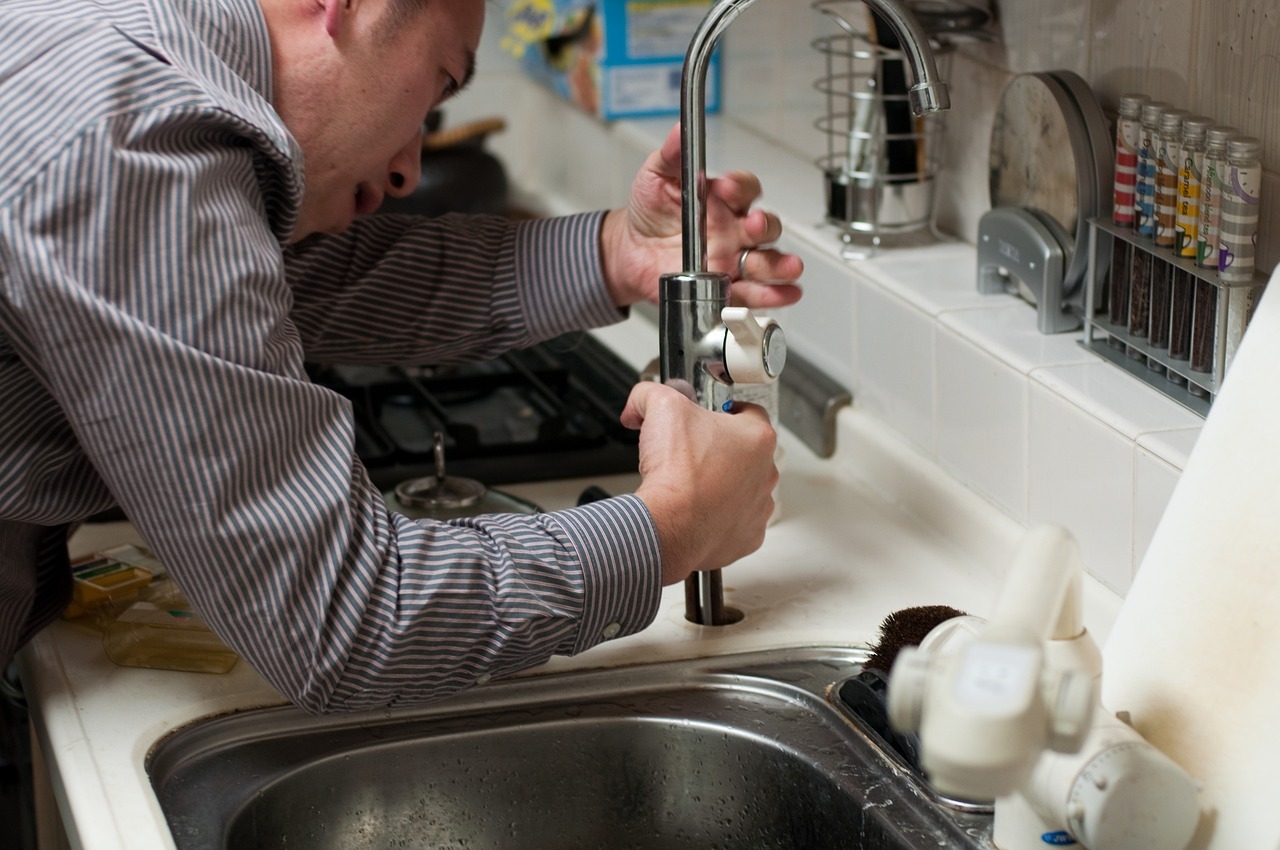Have you ever imagined living a self-sustainable lifestyle, free from the constraint of public utilities? Going off-the-grid presents unique challenges, one of which includes setting up an independent plumbing system. This blog post provides insights and guidance on how to manage plumbing when living away from main utilities. Not only does it promise enormous freedom, but also an opportunity for environmental preservation and personal growth. With correct planning and smart decisions, off-grid plumbing can be a practical choice.
What is Off-the-Grid Living?
The concept of off-the-grid (OTG) living refers to a self-sufficient lifestyle detached from public utilities such as electricity, water supply, and sewage disposal. People choose this lifestyle for numerous reasons – curtailing the dependency on conventional resources or reducing the environmental footprint, and thus leading a simpler life focused on basic necessities. Here is where experts like FergusonsPlumbing on Instagram, among others, showcase impressive cases of successful off-grid living.
Understanding Off-Grid Plumbing
Off-grid plumbing dwells significantly on managing water supply, usage, and waste disposal systematically. It involves drawing freshwater from sources such as wells or rainwater and recycling or treating wastewater for reuse or safe disposal into the environment.
Freshwater Supply Options
Natural sources are primary providers of freshwater in off-grid living. Some common methods include digging a well for groundwater extraction, rainwater harvesting through roof gutters or water tanks. Before getting water from these sources, consider purifying or treating it to eliminate pathogens.
Wastewater Management
A crucial aspect of off-grid plumbing is handling wastewater responsibly. Greywater (non-sewage wastewater) can be filtered and recycled for non-potable uses like irrigation. Black water (sewage) can be managed using options like composting toilets or septic tanks.
Rainwater Harvesting Systems
Rainwater is a renewable resource perfect for off-grid living. Develop a system to collect, store, and treat rainwater, ensuring you have a continual supply during dry periods. Remember to incorporate pre-filtration measures to remove debris before storing the water.
Wells and Pump Systems
Digging a well may seem old-fashioned, but it provides a reliable source of water. However, pumping may require energy sources like solar or wind power. Ensure that the well is properly sealed to prevent contaminants from entering.
Composting Toilets
Composting toilets are popular in off-grid homes. They decompose human waste into compost that is safe and beneficial for plants. These toilets do not require water for flushing, thereby conserving water.
Implementing a Septic System
A septic system can handle both grey and black wastewater, treating it before releasing it into the environment safely. It includes a tank that separates solid waste from liquids and then disposes of them through leaching fields.
Greywater Recycling
By filtering and treating greywater, you can repurpose it for activities not requiring potable water – like gardening or flushing toilets. A greywater system collects wastewater from laundry, sink drains excluding toilet outputs.
Hot Water in Off-Grid Living
Hot water necessity can be administered by investing in a solar-powered water heater or propane-based systems. Alternatively, simple practices such as heating only the required amount of water reduces overall hot water usage.
Water Conservation
One important aspect of off-grid living is water conservation. The use of low-flow fixtures like faucets and showerheads, dual-flush toilets, and regular leak checks can help in this endeavor.
Pipe Freezing Prevention
Cold weather can freeze water within pipes, causing them to burst. Insulating water pipes or burying them below the frost line can prevent this scenario, ensuring a steady flow during winters.
Accessibility and Maintenance
Keeping your plumbing system simple aids in easy maintenance and troubleshooting when required. Also, ensuring easy access to the plumbing system for regular checks reduces unexpected repairs due to negligence.
Explore Your Plumbing Possibilities
An off-the-grid lifestyle invites an adventure with challenges that require creative solutions. Navigating efficient plumbing options is one such situation. Learning from the experts and those who have successfully developed their systems provides meaningful knowledge worth incorporating into your off-grid life. Remember, successful off-grid living blends sustainability with convenience without compromising the environment’s wellbeing.
